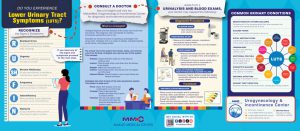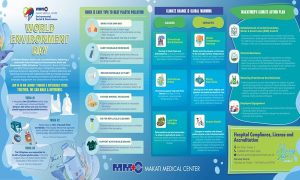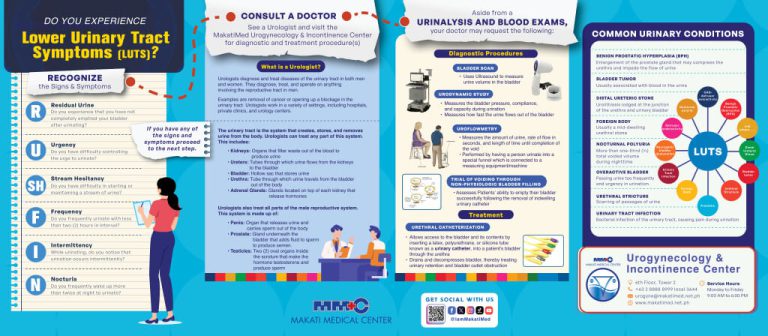When faced with the task of having to purchase medicine, consumers usually choose from one of two types of pharmaceutical drugs: brand names and generics. Over time, brand names have gained a reputation of being more expensive than their generic counterparts (around 80 to 85%), implying that they may be more effective or high quality. But are they really?
Below is a comparison between generic and branded medicines to help people understand both types better and come to a conclusion.
Brand Name Drugs
Brand name drugs are usually thought to be “original,” and in a way, there is some truth to this. They are the first of their kind, with a pharmaceutical company often having to go through research, development, and clinical trials to make it available to the public.
From the time of inception, the formulation of the medicine is kept in secret. This ends when the registered patent expires. Only then can other medicine manufacturers file to create a generic version, with only a 3.5% difference in absorption from the brand name drug.
This is also the reason why brand name drugs are usually more expensive than generic versions. Besides the breakthrough achieved by the pharmaceutical company, clinical trials do not come cheap, and some of these costs are passed onto the consumers.
The pros and cons of brand name drugs are as follows:
Pros:
- Pioneer drug: Brand name pills are usually the first version of the drug in the market, and this specific version has undergone rigorous testing to ensure efficacy to consumers.
- Absorption Rate: Though extremely rare, there may be a small chance that your body absorbs and receives brand name drugs better.
- Recognition: Because of the time that pharmaceutical companies spend in marketing and branding, recall and loyalty are higher.
Cons:
- Cost: It is usually more expensive than generic drugs.
- Health insurance coverage: The purchase of brand names is not encouraged due to their high cost.
Generic Drugs
When people hear the word “generic,” they often think that the drug does not equate to its brand name counterpart in terms of effectiveness or is fake. However, this is not the case. Generic drugs work the same as brand name drugs in that they have the same quality, strength, suggested dosage, intended use, route of administration, effects, and side effects.
For instance, paracetamol and mefenamic acid are generic names of pain medications. There are several popular branded medicines that have generic counterparts in the market already.
One of the reasons why misconceptions form about generic drugs is because of its cheap price tag. The low price is only because generic drug manufacturers are usually not the ones who developed, lab-tested, and marketed the drug. They also did not have to pay patent fees for it—which means cheaper costs to manufacture and sell to the public.
Here are the pros and cons of generic drugs below:
Pros:
- Quality: Generic drugs are exact copies of their brand name counterparts.
- Cost: They are usually much cheaper than branded ones.
- Availability: Because many manufacturers have access to the ingredients list of a drug, it is more widely available.
- Food and Drug Administration (FDA) Approved: They are also usually made with the same standards as brand name drugs.
Cons:
- Appearance: If you take a lot of pills, it may be common to mix your tablets up since generic drugs do not have a “branded” or distinct look.
- Absorption Rate: Occasionally, some people may not do as well with a generic drug—they may absorb it differently due to how the tablet is coated or made.
- Type of Drug: It may not be advisable for you to get a generic version of narrow therapeutic index drugs, in which tiny differences in the dose or formulation may cause a reaction (examples include blood thinners, lithium, and thyroid injections).
Which is Better to Purchase?
This decision boils down to the needs of a specific consumer. In most cases, there may find more comfort and peace of mind when using brand name drugs. However, the budget can also play an important factor, as most medicines do not come cheap, working in favor of generic versions.
It is better to consult with a doctor who can shed light on which they would recommend better, especially if a patient has specific illnesses to treat. It still depends on how the body of the person responds and how delicate the treatment for a sickness or disease will be.
Mind Your Preference
There is no clear winner between brand name and generic drugs, so consider the pros and cons before purchasing. If doubts still arise, it is best to consult with a physician. MakatiMed has a roster of doctors who are willing to offer their advice and diagnosis for any health concern. For all your prescription drug needs, you can also head over to pharmacy services.











